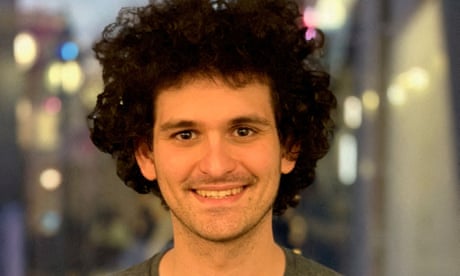Tim Adams is an Observer columnist

I remember reading William MacAskill’s book Doing Good Better back in 2015 and wondering: is this too good to be true? MacAskill, the fresh-faced Oxford philosopher and prime mover of “effective altruism”, was on a mission to take personal emotion out of charitable giving. Doing good works was one thing, he suggested, but if you really wanted to scale charitable effect it was the duty of social justice warriors in the affluent west to earn as much money as possible, and then give it away in the most evidence-based fashion, to the poorest people on the planet.
Tut, tut

His book was brilliantly argued, and lauded by great philanthropists, including Bill Gates. At its heart though, as with any manifesto that seeks to remake the world, it felt like there was a nagging flaw: could the means of outrageous wealth creation ever be properly separated from greed; was there really any such thing as an altruistic billionaire? One answer has been provided by the continuing examination of the bn bankruptcy of Sam Bankman-Fried and his cryptocurrency platform FTX. Bankman-Fried had pledged to live on 0,000 a year and give the rest of his fortune away. MacAskill was on the advisory board of FTX’s charitable Future Fund; he described the 30-year-old billionaire as his “collaborator” when he contacted another fan, Elon Musk, earlier this year to arrange a meeting to discuss Bankman-Fried investing in Twitter.




